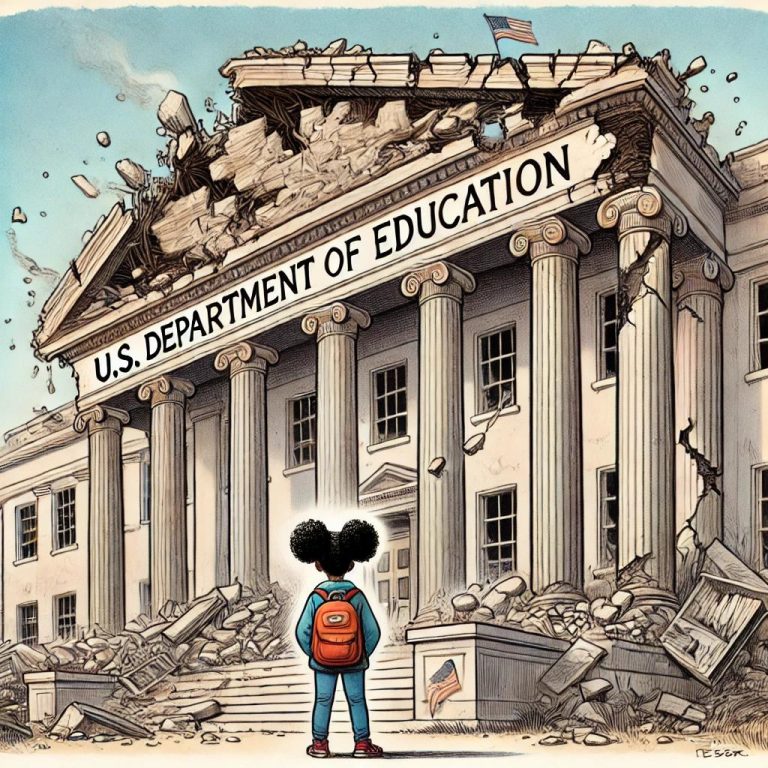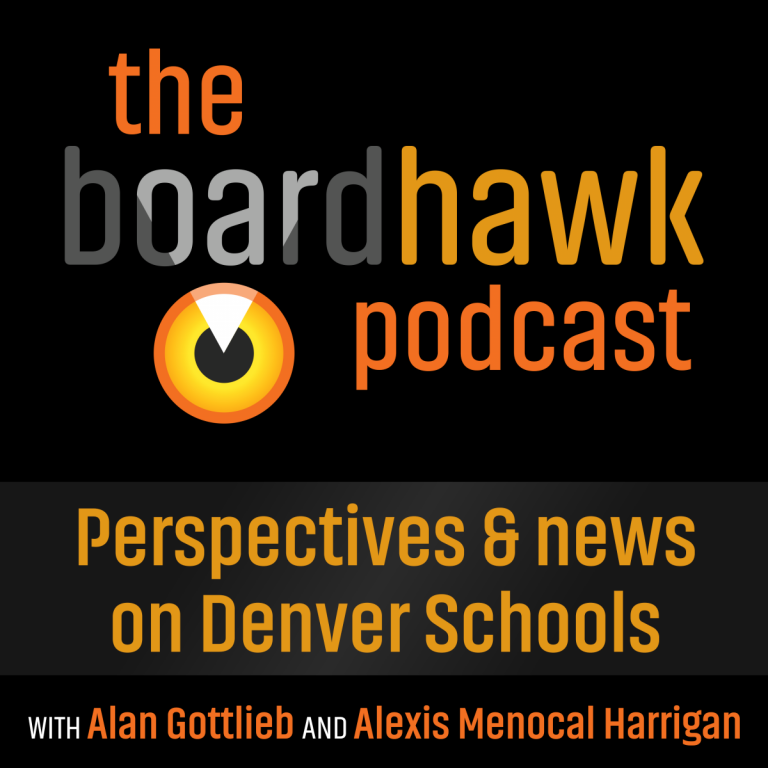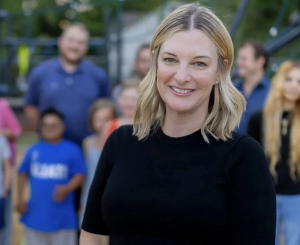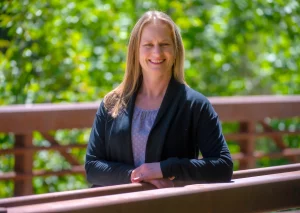On December 8, health care provider Kaiser Permanente sent a letter to the roughly 3,400 Denver Public Schools employees who receive its services informing then that DPS was dropping Kaiser as a provider. Our guest today is Rob Gould, president of the Denver Classroom Teachers Association. We delve deeply into this issue with Gould, whose members stand to bear the brunt of the possible consequences.
Commentary
HB 25-1278 feels backwards. Alter the accountability structure, but don’t address what this structure is supposed to measure: student achievement and growth, specifically, in three disciplines: reading, writing, and math,
This month’s articles respond to the following prompt: Most people who are making decisions about schools and how we are educated are disconnected from our current lived realities as students. As a student this is what I think they should know about those current realities and this is what I would do if I were in charge.
From Boardhawk columnist Dr. Aaron Massey: Here are three reasons why the U. S. Department of Education is on the chopping block, why it makes sense that it’s on the chopping block, but why it should still exist.
For many years, DPS has boasted stellar scores among its more affluent, white, and Asian students. Why the district has struggled more than other urban school systems to transfer that success to the students who need it most remains a puzzle that needs solving.
In this episode, Alan Gottlieb and Alexis Menocal Harrigan discuss the Denver Public Schools board’s early moves toward redrawing the district school enrollment boundaries. This is long overdue, and has potentially profound implications for the district and its families and students.
The discussion of school enrollment boundaries and zones should not be isolated and instead should be considered in the context of school choice and the type of schools we offer and where those highly desired schools like Denver School of the Arts and Morey are located or replicated.
If it hadn’t been for a college visit to the University of Denver, I think I would have followed the stereotype expected of a person like me. I walked that campus as a ninth-grader and told myself, “This is where I belong.”
Having more diverse school psychologists is one key to building more cultural competence within schools. So why isn’t the field more diverse?
Today we are talking about recent immigration activities in our community and the effect it is having on DPS families. We are also welcoming another guest onto the podcast, Jorge Castañeda, a Denver-based immigration attorney.
Daily Round-Up

Among today’s headlines:
Rico Munn Named Sole Finalist for CSU System Chancellor
Cherry Creek Assistant Superintendent Tony Poole Announces Retirement
Investigation: Local Police Aid ICE by Tapping School Cameras















Boardhawk Podcast episode 6: Why has the DPS board curtailed access to public comment?
In this episode, Alan Gottlieb and Alexis Menocal Harrigan debate the recent decision by the Denver school board to place stringent limits on monthly public comment sessions. Until public comment has been the most direct and effect means by which members of the public could address the school board. Until the fall of 2023, public comments had no time limits, other than a three-minute limit on individual speakers. Now, not only are speakers limited to two minutes, but other limits have been placed on topics that can be addressed and the amount of time devoted to each topic.